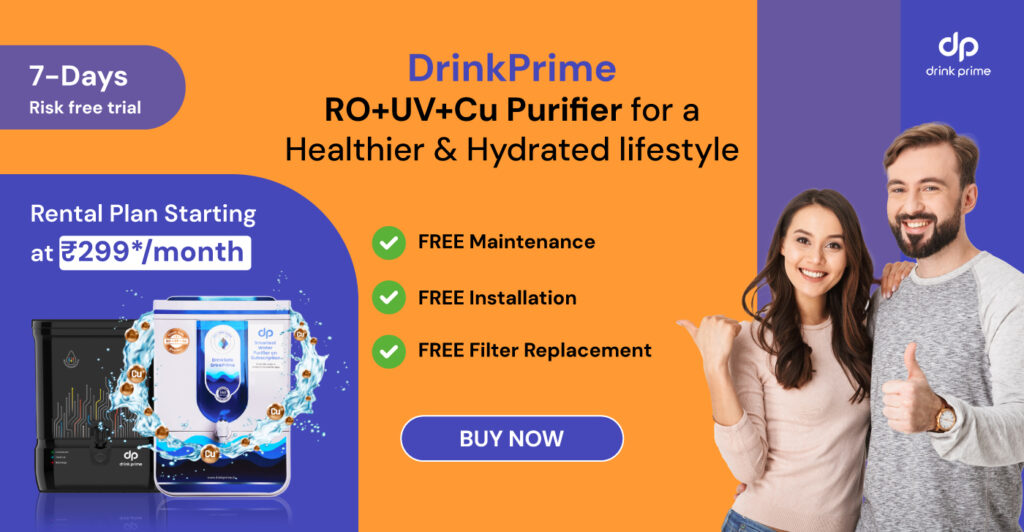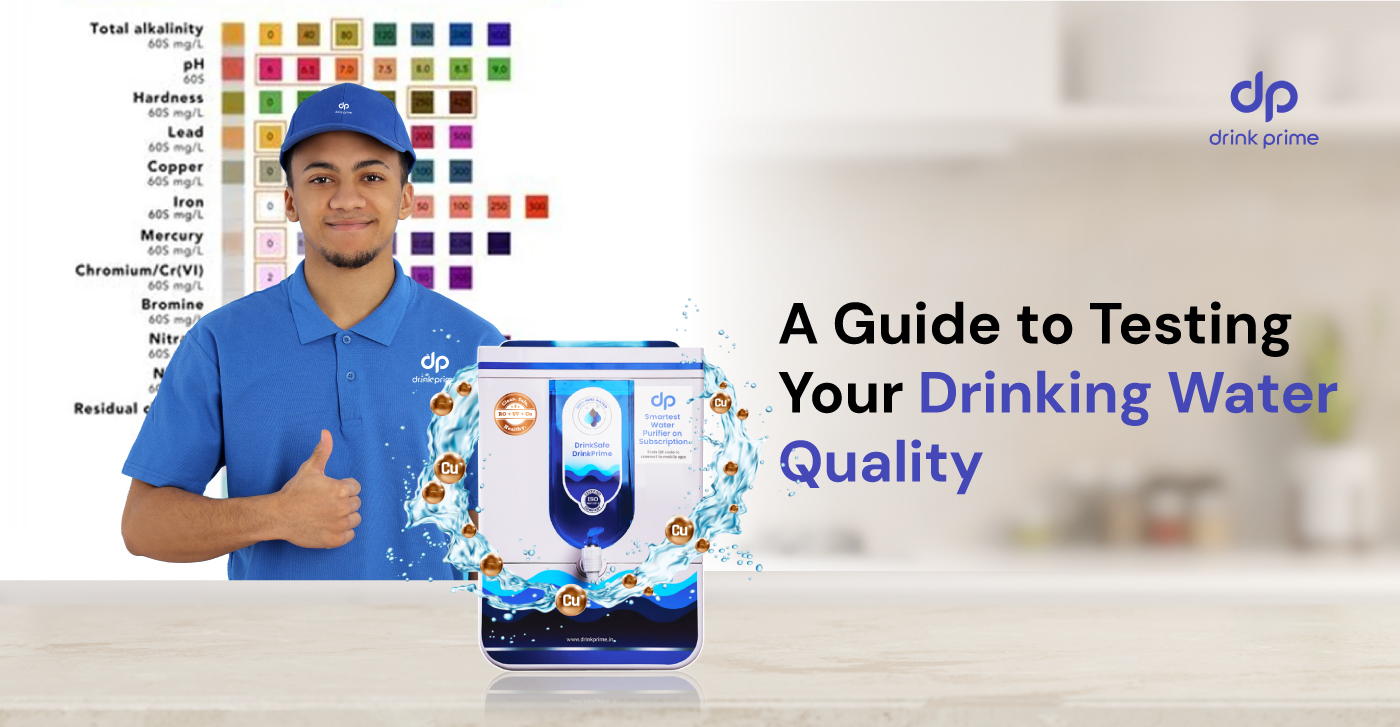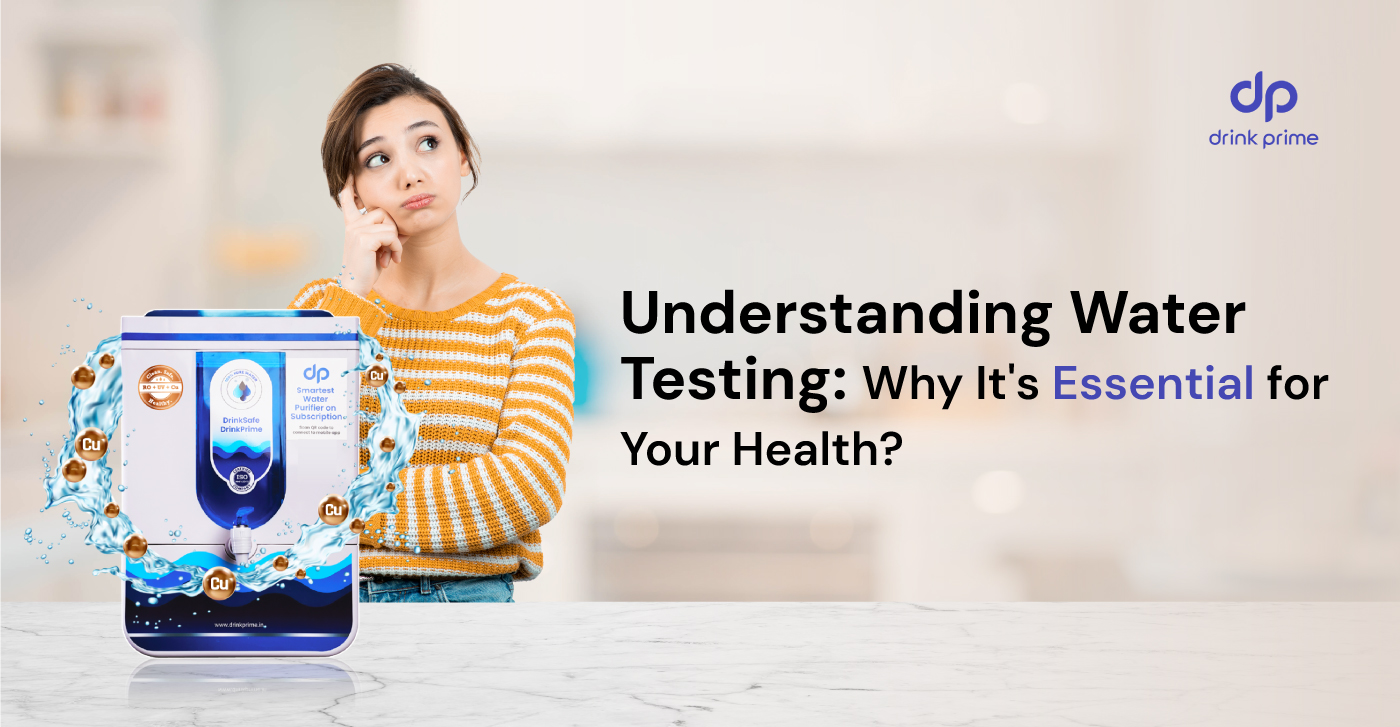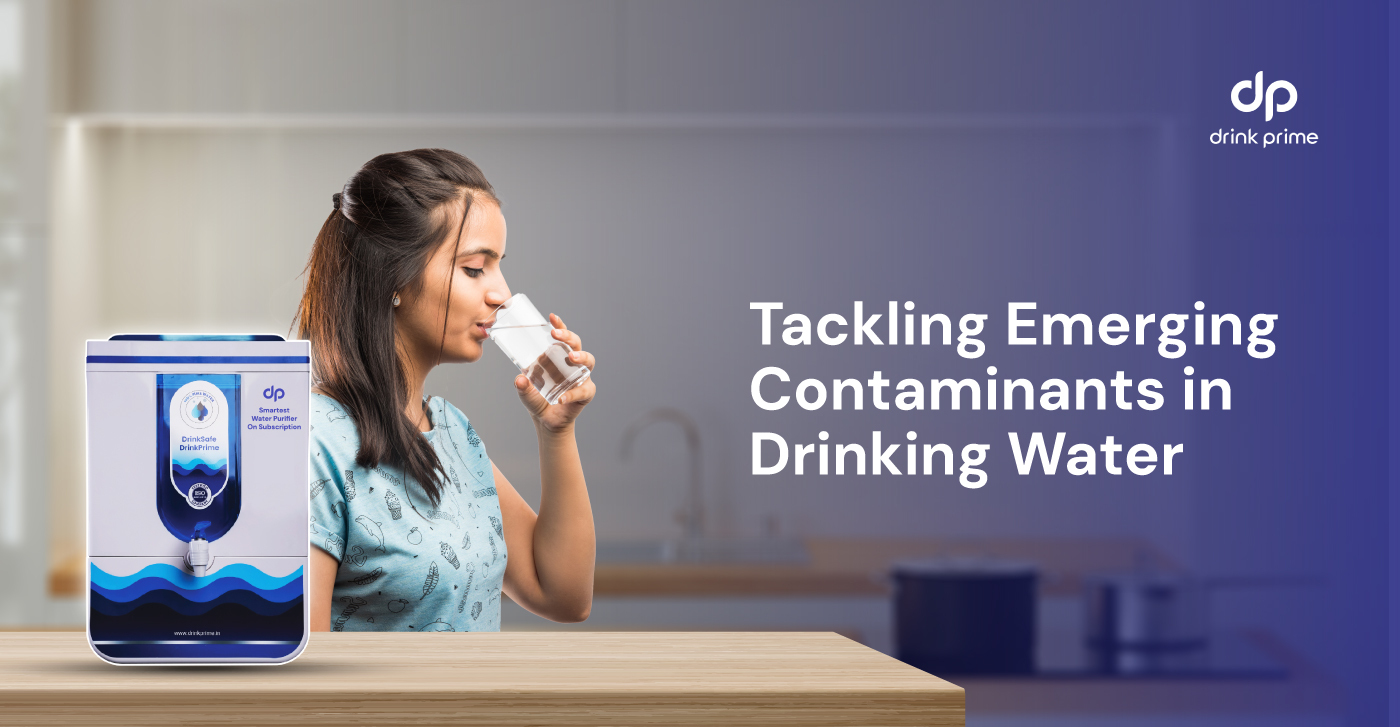Water is important for life, yet most people overlook the importance of water quality. Additionally, clean, safe drinking water is important for maintaining good health, but poor water quality remains a hidden threat in most households. Also, contamination doesn’t just look cloudy or taste odd, but it can carry dangerous bacteria, chemicals, and heavy metals that put your health at risk. In this blog, we will explore the understanding of poor water quality and how it impacts health.
Understanding Poor Water Quality
Poor water quality refers to water that contains harmful chemicals, posing risks to health and daily use. Moreover, these contaminants can include bacteria and viruses like E. coli and rotavirus; heavy metals like lead, mercury, and arsenic; and chemicals from pesticides and industrial waste. In some cases, water may also have high levels of minerals, which effectively lead to hardness that affects both taste and utility.
Besides, these pollutants can enter tap water through multiple sources, which include aging pipelines, polluted groundwater, untreated sewage, or improper water storage practices.
Health Problems Linked to Poor Water Quality
Gastrointestinal Issues
One of the major and most immediate effects of drinking water is an upset stomach. The common symptoms are diarrhea, vomiting, and abdominal pain, which are caused by bacteria like Salmonella or parasites like Giardia. Also, these illnesses can lead to severe dehydration, especially dangerous for young children.
Chronic Diseases
Sometimes, long-term exposure to toxic elements like arsenic or lead can lead to chronic health issues. Additionally, arsenic can cause skin lesions, cancer, and cardiovascular diseases. Moreover, lead exposure affects neurological development in children and can cause kidney damage and high blood pressure in adults.
Developmental Issues in Young Children
Many contaminated waters can have serious consequences for children’s development, growth, and cognitive development as well. Lead poisoning can particularly cause learning disabilities, behavioral problems, and lower IQ levels. Additionally, waterborne infections can also result in malnutrition due to prolonged gastrointestinal distress.
Weakened Immune System
Poor water quality also weakens the immune system. Moreover, frequent infections and illnesses may become common when your body is consistently exposed to all the harmful pathogens in drinking water.
Skin Diseases
If you bathe or wash your hair with contaminated water, it can cause skin irritation, rashes, and infections. Also, fungal and bacterial infections can happen if your skin is exposed to polluted water regularly.
How to improve the poor water quality?
Stop using plastic water bottles
The first step to improving poor water quality is to transform your home into a plastic-free place for drinking water. Stop using plastic water bottles, which can cause contamination risks and microplastic leaching. It is always advisable to choose reusable, eco-friendly alternatives that contribute to a greener planet and make sure every sip is free from all contaminants.
Skip the Water Cans
Another step is to stop depending on water cans for your daily water needs. Often they are stored out in the sun for a prolonged period of time, and they are at times exposed to harmful UV rays, dirt, and rain as well. These UV rays can break down the plastic water cans into microplastics, which end up leaching into your drinking water.
Invest in RO-Based Water Purification
It is highly recommended to invest in a branded and reputable RO water purifier. This powerhouse technology makes sure the water you drink is free from impurities, clean, safe, and healthy drinking water for your daily hydration needs.
Regular maintenance of water purifiers
This is an important step that most of the people might overlook. You should always check your water purifier’s health for optimal hydration. Make sure you conduct a thorough check at least once a year to guarantee better performance.
Constant Water Quality Monitoring
It is important to monitor water quality due to its fluctuating nature. When you choose DrinkPrime, we make sure we always monitor your water quality 24×7 to analyze any changes in TDS or pH levels and other water quality parameters. We prioritize your health by keeping a vigilant eye on your water quality, delivering perfectly purified drinking water every time.
Get 7 Days Risk Free Trial
Conclusion
In summary, water quality is something that we all should be concerned about since it can impact our health, and ignoring it can lead to serious issues. From immediate gastrointestinal issues to chronic diseases and development issues in children, the risks associated with contaminated water are far too significant to overlook. Moreover, there are several conscious steps, like avoiding plastic water bottles and water cans and investing in a reliable RO water purifier, you can take to protect yourself from contaminated water.
At DrinkPrime, we believe that everyone deserves access to clean, safe drinking water. Our smart water purifiers not only remove harmful contaminants but also monitor your water quality round-the-clock to ensure you’re drinking nothing but the best. Your health is our priority, and with DrinkPrime, pure hydration is just a sip away.




